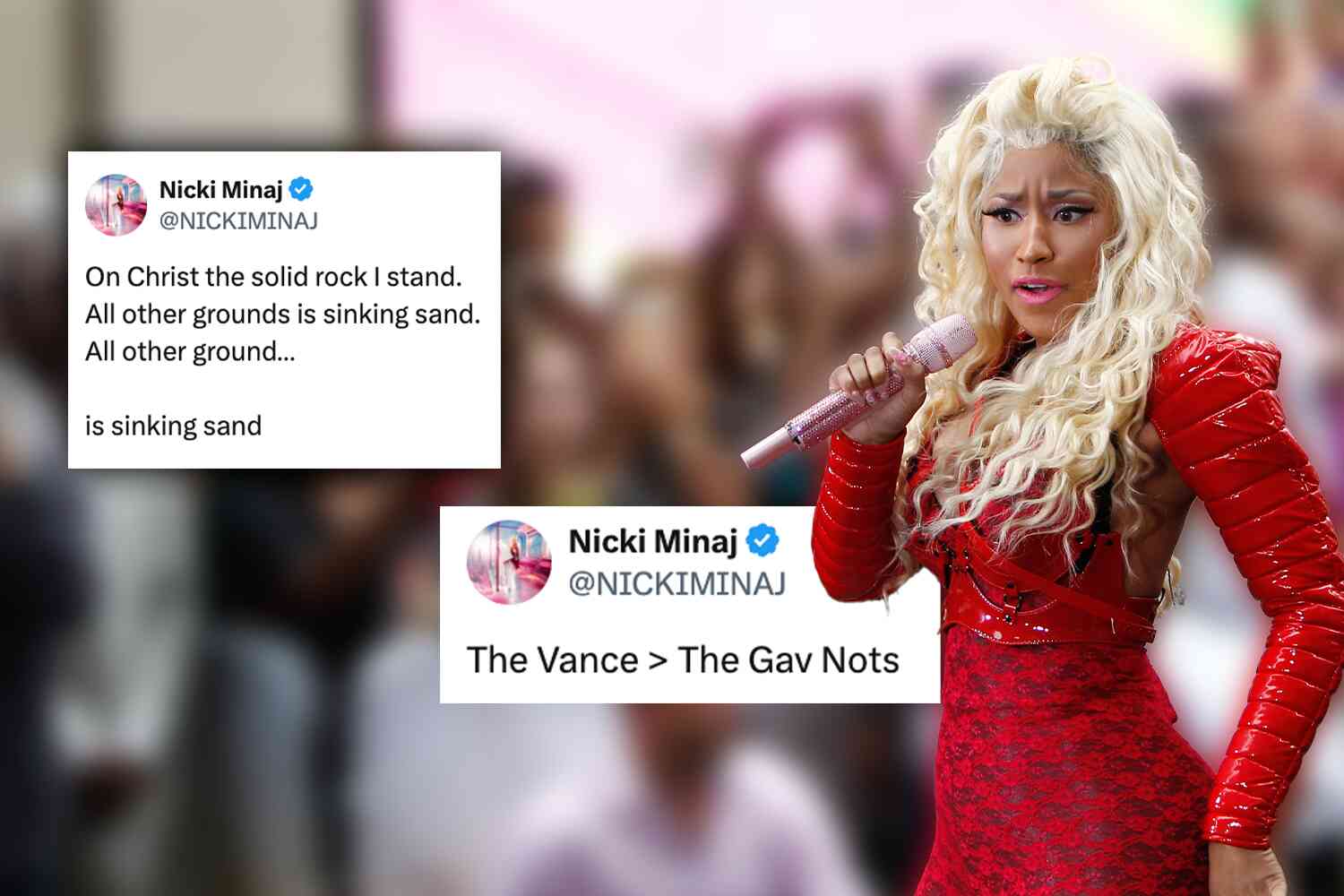This last summer I had the great opportunity to work with a literary agent and pull together a book proposal. After several months of brainstorming, mapping out the major thesis, diagramming the contents, and writing an abstract as well as chapter summaries, we submitted the proposal to a host of publishers.
None of them bit.
While obviously a little bummed, I also can't deny that my schedule is plenty busy as it is, and the closed door might be one of God's many blessings in disguise. Nonetheless, I was a bit on the curious side as to what I could have done better. The agent I worked with, who has been around the publishing businesses for a very long time and worked with some exceptional authors (some of my personal favorites, in fact), said that my relative anonymity undoubtedly was a contributing factor.
A publisher wants to know that they can sell your book. That means either exceptional content, or an exceptionally recognized name. I don't have the latter, and while I certainly can't promise I would have the former, I would like to think I could have offered something perhaps more intuitive than the yearly roll-out of 30-40 texts that all say roughly the same thing, authored by the politician-of-the-hour.
Now, before you start thinking this is me being bitter that people would rather read some milquetoast political snoozer from Tim Pawlenty than whatever I could come up with, let me assure you that's not the case. Nor is this my nod toward Frank Costanza's Festivus holiday with an airing of grievances.
No, here's my real motivation. I am more than just a little convinced that some of the greatest, most meaningful, and important content we all should be reading is coming from largely obscure writers. I mean real thinkers, real writers, real talents, real complex human beings with valuable life insights. People like Abigail Shrier.
I don't know much about Ms. Shrier, the former Columbia and Yale Law grad who clerked for one of Bill Clinton's federal judges on the D.C. Circuit. But I know that the fascists are scared of her, and after reading her recent speech, I can understand why.
She's a freedom fighter.
No, not the militant kind armed with weapons. No, not the fake kind posturing for votes. Shrier is a deep-thinker, committed to protecting and defending the free exchange of ideas. And more impressively, one who is willing to go into the lions' den to do so.
Sometimes those lions take the shape of the censorious thought police of the current woke movement who came after her ground-breaking book Irreversible Damage. Sometimes those lions are the virulently anti-freedom voices that plague college campuses. So, what does Shrier do? She marches straight onto one of those campuses and discusses the most controversial parts of that book. She told the college kids:
Today, before any of us decides what it is we want, we open our phones and participate in our own manipulation at the hands of those who actively want us to think, and see, and vote differently than our own wills would have us do. If we were not entirely free before, in other words—we are far less so now.
Every dating app pushes us toward the same few attractive mate choices; Spotify presses us to like the same music; Amazon pushes us to purchase specific books and away from others. If you're under the impression that the books Amazon recommends to you are based solely on a content-neutral algorithm, I can disabuse you of that fiction right now. I once asked one of my sources at Amazon, who was concerned about the ways the search results were being manipulated, whether he'd ever seen a book deliberately boosted. Yes, he said. Becoming by Michelle Obama. When that book came out – he told me – virtually every search you did led to the recommendation to buy the former First Lady's book. And the opposite is also true. There are books that are never recommended by the Amazon algorithm, irrespective of how well they've sold or how likely a specific shopper is to buy them. Or, at least, there's one such book. I'll let you try and guess what it is.
But the larger point is, your will is being toyed with, subverted, manipulated. And in a fairly insidious manner. None of you will be shocked to hear that Google promotes certain search results in order to lead us to a certain perspective. But did you know that, for contested entries, Wikipedia assigns editors, some of whom are ideologically committed activists, many of whom have very particular views they want you to walk away with.
One of the things that I love about Shrier's speech is that she is wisely and astutely appealing to the independent nature and creative soul of young people. There's a reason that freedom movements around the world have historically been led by young people. There is a self-determination that gets worn down by the slow and steady chipping away of time and cultural acclimation. It's the frog in the boiling water pot analogy, where freedom evaporates around us inconspicuously.
Shrier is presciently tapping into that reality, sounding the alarm about the manipulation of their minds being conducted by jaded adults in lecture halls and tech boardrooms.
And then there's the collective fascism of the social media mobs:
When polled, nearly two out of three Americans (62%) say they are afraid to express an unpopular opinion. That doesn't sound like a free people in a free country. We are, each day, force-fed falsehoods we are all expected to take seriously, on pain of forfeiting esteem and professional opportunity:
"Some men have periods and get pregnant." "Hard work and objectivity are hallmarks of whiteness." "Only a child knows her own true gender." "Transwomen don't have an unfair advantage when playing girls' sports."
This one stood out to me because earlier this year I asked my AP Government and Politics students that very question: "How many of you are afraid to post something on social media because you're concerned it will get you cancelled?"
Every hand went up. Not 62%, but 100%.
That's what makes this speech by Shrier so worth reading. Start to finish. Including this:
Psychiatrists and pediatricians tell me they are afraid to resist an adolescent's demand that she be given puberty blockers because they're afraid—if they point out the risks or the hastiness of the decision—they will lose their licenses. Parents tell me they are afraid to push back on the activist teachers and social workers at their kids' school for fear of being called some flavor of phobe. Whatever freedom is—it isn't that—and all of the wonderful education you have earned here will have been wasted if you find yourself one day observing some lie predominating in your own field and the best you can do is sit on the phone with me anonymously lamenting the state of things. You will soon be graduates of Princeton. Show some self-respect and reclaim your freedom.
Those are the kinds of words that need to be published freely and read widely because, to put it bluntly, those are the kinds of words that save free societies.
Disclaimer: The opinions expressed in this article are those of the author and do not necessarily reflect the opinions of Not the Bee or any of its affiliates.









